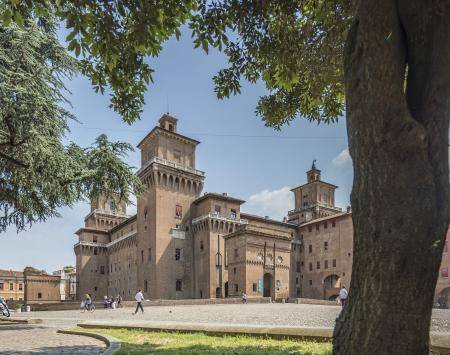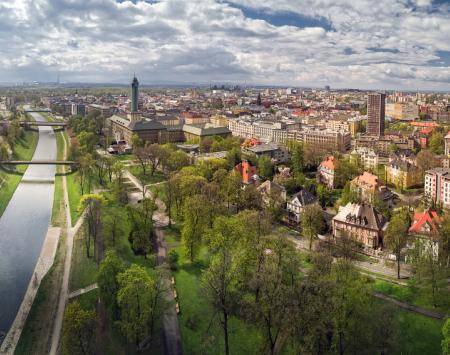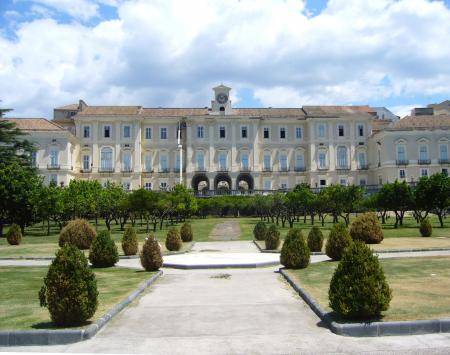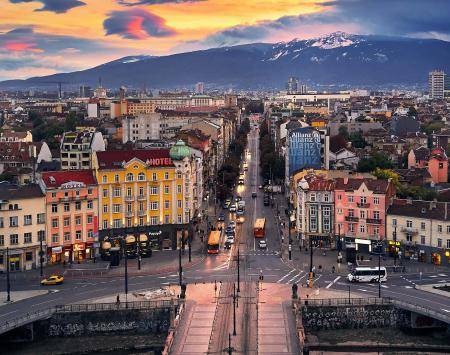Aix-Marseille Provence metropole
Air qualityDIAMS - Digital Alliance for Marseille Sustainability
“Air quality is one of the major issues on our Environmental Agenda. With "DIAMS", the Metropole Aix-Marseille-Provence and its 7 partners are seeking to create an innovative information system on air quality. This open data platform should create a major change in individual behavior, on the innovation ecosystem but also, and above all, on how environmental issues are integrated into all our territorial policies”
The Metropole Aix Marseille Provence is the largest urban area in France, comprising 92 municipalities. Due to its geographical morphology, the omnipresence of the automobile in the urban areas and its intense industrial activities (petrochemicals, etc.), air pollution represents a significant challenge in the region.
Despite the recent improvements, the European air quality standards are not met and, in addition, the normative and top-down French structure of governance hampers the deployment of effective action plans: lack of integration and limited information and data exchanges.
The new metropolis of Aix-Marseille-Provence wants to innovate and take advantage of the new digital era, which will profoundly and rapidly change our society, our economy and our policies.
To tackle this challenge, the Metropole will have to implement a multifold strategy using a variety of approaches such as accelerated deployment of cleaner technologies, best management practices, sustainable urban planning, incentive programs, behavioural change, based on an efficient governance enabling good integration and coordination between the Metropole, Regional and State agencies.
The DIAMS project, which stands for "Digital Alliance for Marseille Sustainability" has 4 main objectives reflecting the five senses of human brain:
- Perception: To improve air quality information and produce high quality, detailed data
- Balance: To promote a fluid transmission of territorial data and air quality data between urban, regional and national platforms and ensure their consistency.
- Creation: To stimulate creativity and harnessing the expertise of citizens and the private sector to co-develop and implement innovative solutions to improve air quality.
-Movement: To provide personalized and adaptable information to citizens and policy makers to encourage their awareness and engagement.
In concrete terms, the DIAMS project consists in deploying a platform for the exchange of data on air quality and digital services that allows everyone (political decision-makers, experts, citizens, civil society, economic actors, for example) to commit themselves to developing coordinated action plans at all territorial levels (individual, hyper local, urban, regional, national and supranational)
To carry out this project, 7 partners are mobilized around the Metropolis, representing the world of business, associations and civil society: Atmosud, La Poste, Aria Technologies, Matrice, L'Air et Moi, Groupe Tera, AVITEM.
- Aix-Marseille Provence Metropole
- AtmoSud - air quality observatory
- ARIA Technologies - research company
- La Poste - postal service company
- Matrice - IT training company
- L’Air et Moi – environmental awareness association
- Groupe Tera - air quality measuring company
- AVITEM - agency of cities and territories
The main expected results of DIAMS are:
- Developing a mass-produced system platform on air quality, based on the use of micro-sensor technology and on the know-how of local start-ups, digital players and official environmental agencies (such as AtmoSud).
- Changing citizens' behaviour, particularly with regard to mobility. By relying on the "nodes" of mobility (i.e.: schools or activity zones) DIAMS will be giving inhabitants measurement tools and data (provided by the micro sensors) allowing them to adapt and change their behaviour;
- Coordinating policies at metropolitan, regional and national level through the creation of dynamic indicators allowing an environmental performance management; these dynamic indicators will thus be integrated for the management of the Climate Plan or the Urban Travel Plan.
December 2020: definition with citizens and stakeholders of the engagement program
January 2021: delivery of the first bricks of the platform
Summer 2020: deployment of mobile sensors on postal vehicles
2021-2022: deployment of fixed sensors on pilot cities, of mobile sensors to associations and citizens. Incubation of the project, animation of the engagement program.
End of 2022: 1st Annual Air Quality Program
2022: workshop on data monetization, business model definition.










